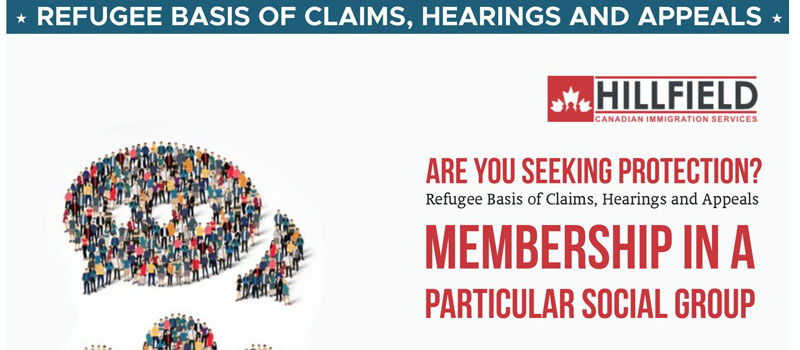Personal Information Protection and Electronic Documents Act (PIPEDA) in Canada give you a meaningful say in how your personal
data is collected, used and
disclosed
Published by Paragon Legal on 23 June, 2021
Canada’s privacy laws means you have a say in how your personal data is collected, used and disclosed. The act sets the rules for dissemination of your personal information, and applies to small and large businesses, whether they operate out of an actual building or only online. It also applies to your personal data across provincial or national borders. Don’t be misinformed about giving your information, get advice from our expert.
The law applies to private enterprises across Canada, except in certain provinces that have adopted similar privacy legislation. Some provinces also come under this catergory with respect to personal health information. Even so, the act still applies to personal information collected, used or disclosed by all federally regulated originations, inclusive of media, telecommunications and transportation. If your rights have been violated contact
Personal information, includes your Name, race, ethnic origin, religion, marital status, educational level; E-mail address and messages, IP (Internet protocol) address, age, height, weight, medical records, blood type, DNA code, fingerprints, voiceprint; income, purchases, spending habits, banking information, credit/debit card data, loan or credit reports, tax returns and Social Insurance Number (SIN) or other identification numbers.
It allows for private-sector business to collect, use or disclose your personal date by fair and lawful means, with your consent, and only for purposes that are stated and reasonable. Organizations may only accumulate personal information that is necessary to the business transaction.
If further information is demanded, you are entitled to ask why, and to decline to offer it if you are dissatisfied with the answer. You should still be able to complete the transaction, even if you refuse to give out more personal information than is warranted.
Organizations are also obliged to protect your personal information through appropriate security measures, and to destroy it when it’s no longer needed for the original purposes. You have the right to expect the personal information the organization holds about you to be accurate, complete and up-to-date. That means you have a right to see it and ask for corrections.
There are some exceptions to the consent principle. For example, police who show they need personal information for an investigation or during an emergency may not be required under PIPEDA to obtain consent to collect it.
It also does not apply to an employee’s name, title, business address, telephone number and email address, which an organization collects, uses or discloses solely for the purpose of communicating with individuals in relation to their employment, business or profession.
Exempts organizations that collect, use or disclose personal information solely for journalistic, artistic or literary purposes. And, finally, it is also important to note that PIPEDA applies to commercial activities, therefore, an individual’s collection, use or disclosure of personal information strictly for personal purposes are not covered by the law. Contact Paragon Legal if you believe your information is being misused.








